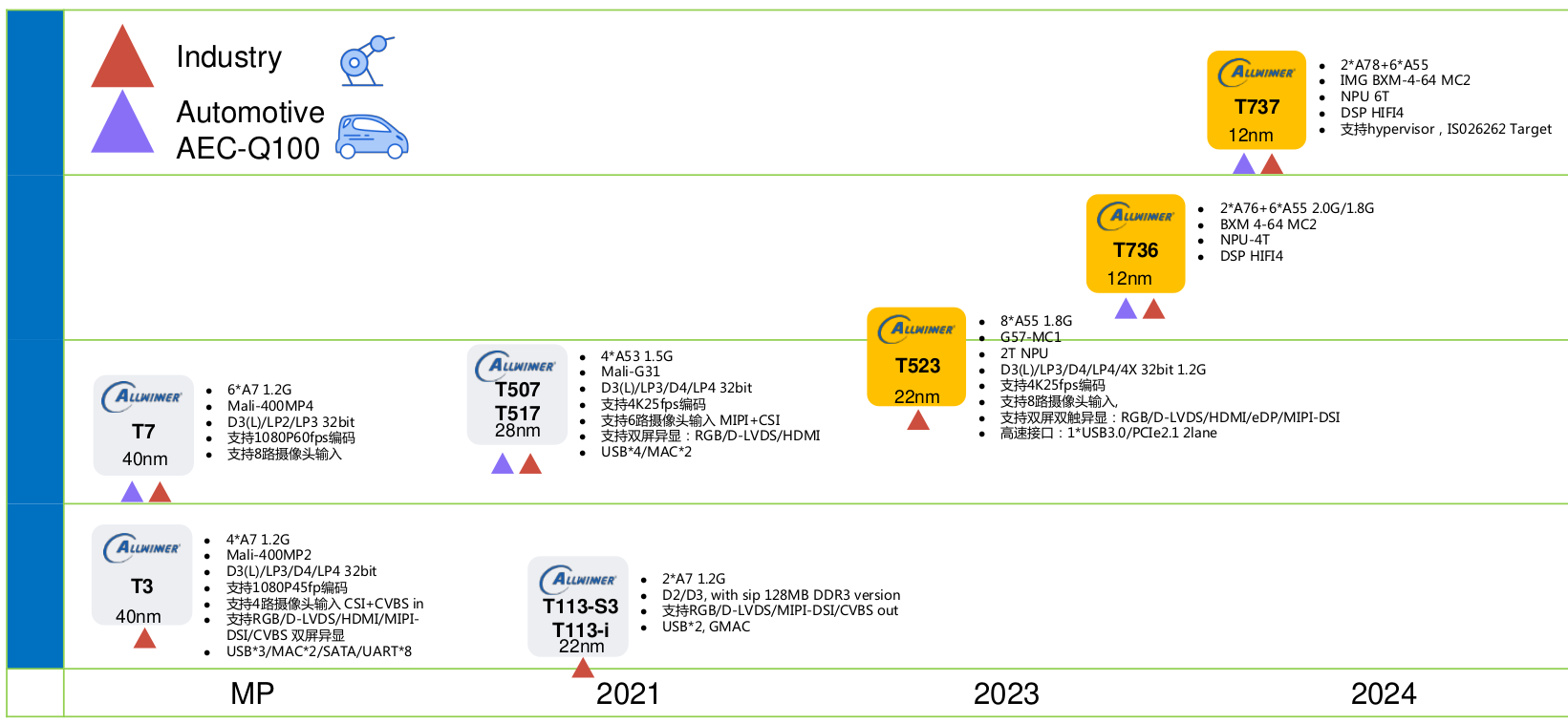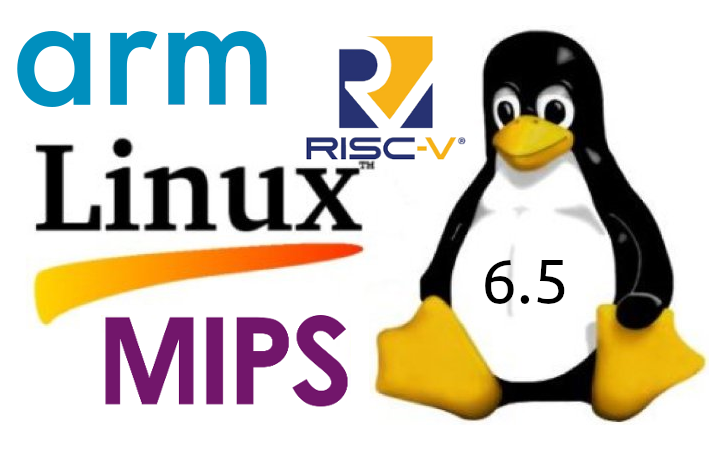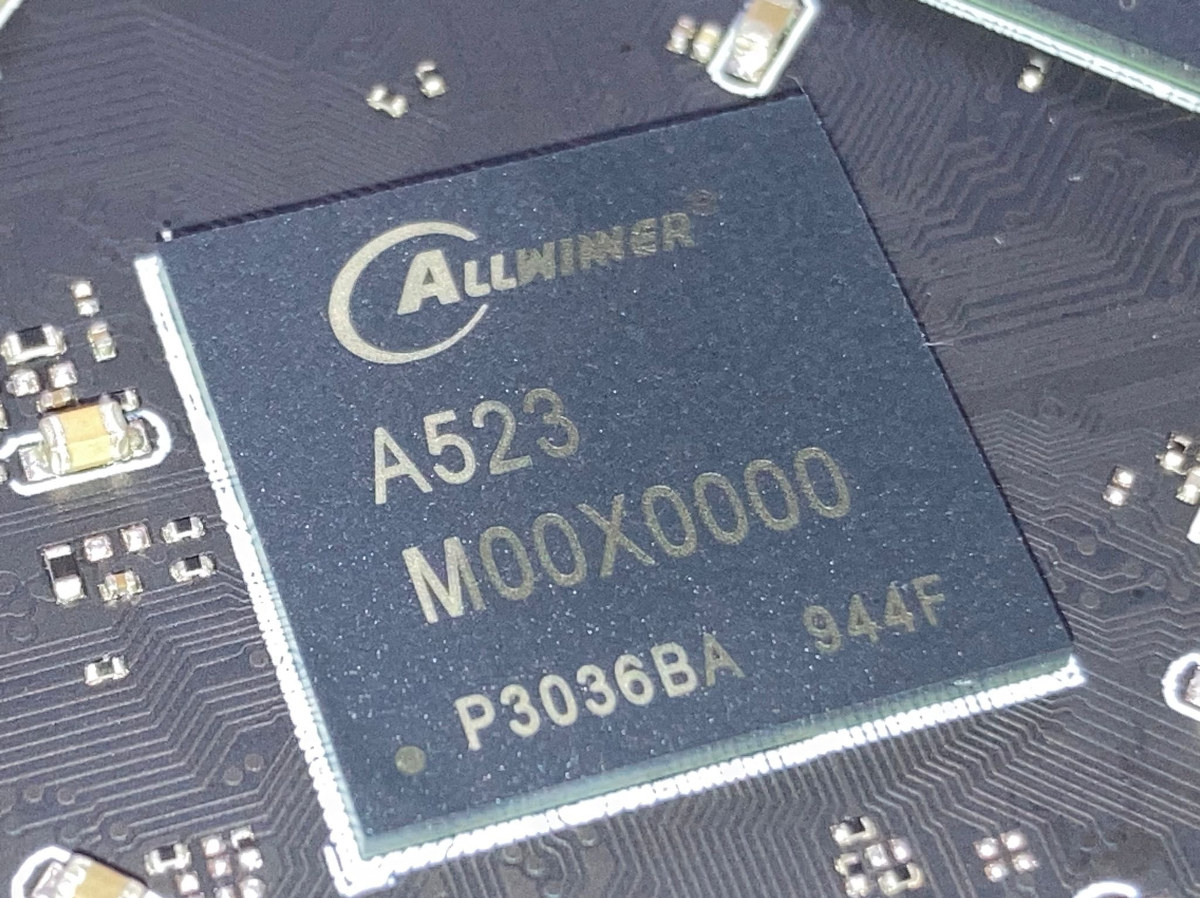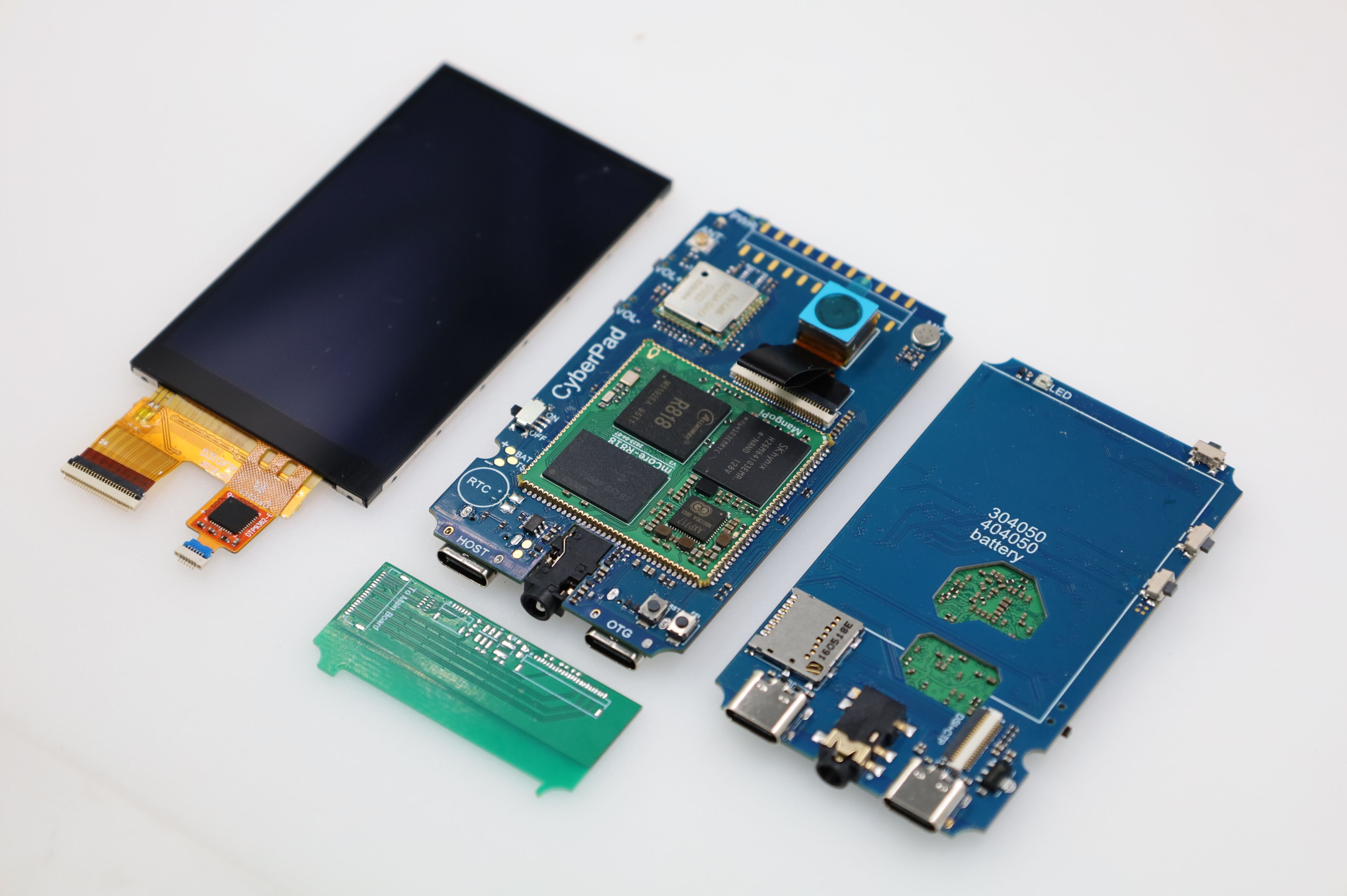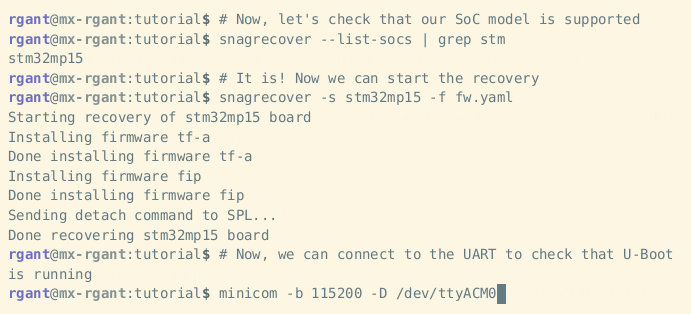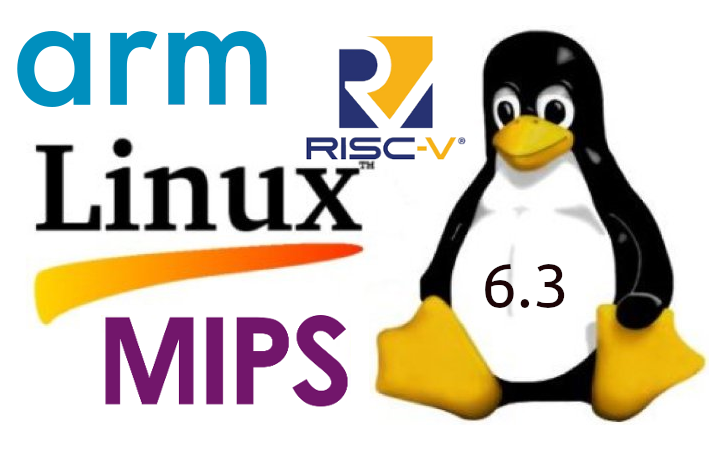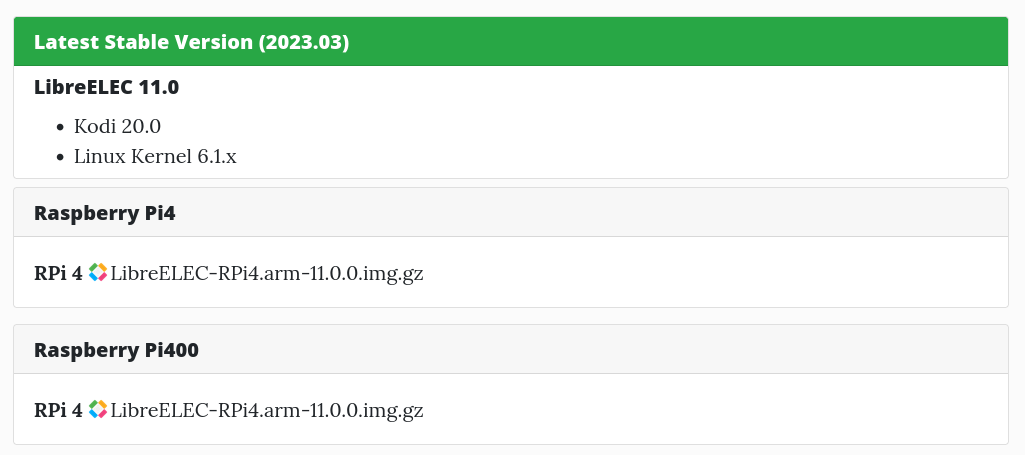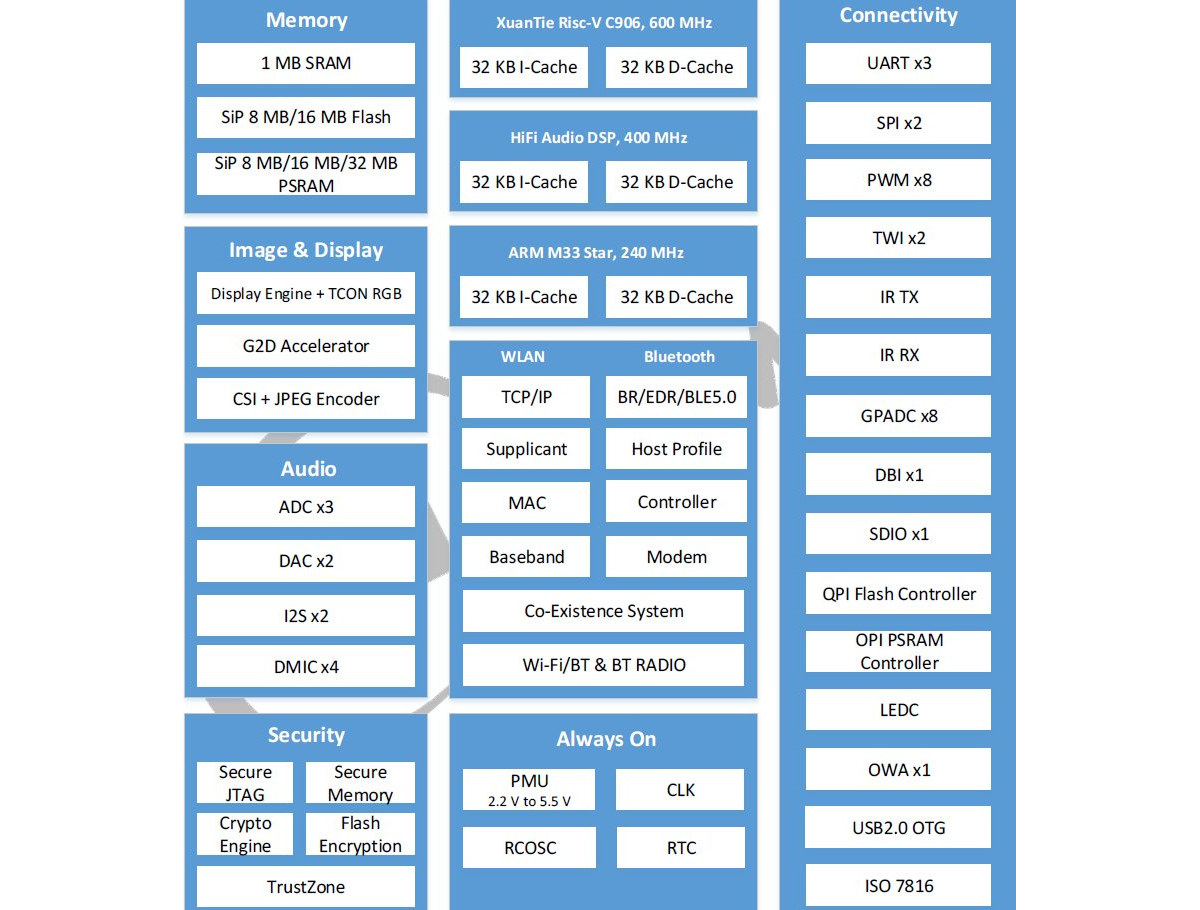Allwinner should launch new Cortex-A76/A55 and Cortex-A78/A55 processors in 2024 according to the company’s roadmap including the Allwinner A736/A737 for tablets and the T736/T737 designed for automotive and industrial applications. In recent years, we’ve seen Rockchip and Amlogic introduce more powerful processors with the Rockchip RK3588 octa-core Cortex-A76/A55 processor and Amlogic A311D2 octa-core Cortex-A73/A53 or the more recent Amlogic S928X Cortex-A76/A55 for 8K TV boxes. But we’re still seeing some recent boards based on Allwinner Cortex-A7 32-bit processors, although recently we covered the Allwinner A523 octa-core Cortex-A55 processor for tablets. So today, I decided to go on a quest to find out whether Allwinner plans to use 64-bit Arm “big” cores in their future design. I first ended up on the linux-sunxi website where they list the Allwinner T736 octa-core “sun60i” processor with two Cortex-A76 cores and six Cortex-A55 cores, but no other details. This leads me to some “notes” […]
Linux 6.5 release – Notable changes, Arm, RISC-V and MIPS architectures
Linus Torvalds has just announced the release of Linux 6.5 on the Linux Kernel Mailing List (LKML): So nothing particularly odd or scary happened this last week, so there is no excuse to delay the 6.5 release. I still have this nagging feeling that a lot of people are on vacation and that things have been quiet partly due to that. But this release has been going smoothly, so that’s probably just me being paranoid. The biggest patches this last week were literally just to our selftests. The shortlog below is obviously not the 6.5 release log, it’s purely just the last week since rc7. Anyway, this obviously means that the merge window for 6.6 starts tomorrow. I already have ~20 pull requests pending and ready to go, but before we start the next merge frenzy, please give this final release one last round of testing, ok? Linus The earlier […]
Allwinner A523 octa-core Cortex-A55 processor to show up in tablets, SBCs
Allwinner A523 is an octa-core Cortex-A55 processor clocked at up to 1.4/1.8GHz in big.LITTLE (DynamIQ) configuration and mainly designed for tablets with multiple display interfaces such as two 4-lane MIPI DSPI interfaces, two MIPI CSI camera interfaces, a Mali-G57 GPU, and more. But the block diagram below also shows two Gigabit Ethernet (GMAC) interfaces and HDMI 2.0 output among other interfaces meaning it will likely be used in Smart Home products as the Allwinner R828/MR828, and possibly automotive products as the Allwinner T527. I first discovered the Allwinner A523 last March via a tweet by 柚木 鉉 (GLGH_), but there was little information at that time. We now have further details about the processor and upcoming products such as the Teclast P26T, and a potential Allwinner A523 single board computer or module. Allwinner A523 preliminary specifications: CPU Application – Octa-core Arm Cortex-A55 @ in big.LITTLE configuration with four cores @ […]
MangoPi mCore-R818 module powers CyberPad 3.1-inch handheld android “tablet”
mCore-R818 is the first time that MangoPi adopts the design combination of a core-lite module and a carrier board. As its name suggests, it is an AllWinner R818 SoM whose SoC integrates an Imagination PowerVR GE8300 GPU for UI rendering, can drive MIPI DSI, LVDS, and RGB displays, as well as cameras through a MIPI CSI interface, 8MP/5MP/2MP interfaces. The Allwinner R818 system-on-module powers a feature-rich carrier board as well as an upcoming Cyberpad Android “tablet” with a 3.1-inch display. MangoPi mCore-R818 The package design of the processor itself is small, so the MCore-R818 core board is only 3x3cm in size, but still contains four components with the Allwinner R818, the eMMC flash, LPDDR4 memory, and the AXP717 PMU. MangoPi provides two hardware configurations: 2GB DDR with 16GB eMMC flash, and 4GB DDR with 32GB eMMC flash. MCore-R818 Core Lite Specifications: SoC – Allwinner R818 CPU – Quad-core Arm Cortex-A53 […]
Snagboot is an open-source cross-vendor recovery tool for embedded targets
Bootlin has just released the Snagboot open-source recovery tool for embedded platforms designed to work with multiple vendors, and currently STMicro STM32MP1, Microchip SAMA5, NXP i.MX6/7/8, Texas Instruments AM335x and AM62x, and Allwinner “sunxi” processors are supported. Silicon vendors usually provide firmware flashing tools, some closed-source binaries, that only work with their hardware. So if you work on STM32MP1 you’d use STM32CubeProgrammer, while SAM-BA is the tool for Microchip processors, NXP i.MX SoC relies on UUU, and if you’ve ever worked on Allwinner processors you’re probably family with sunxi-fel. Bootlin aims to replace all those with the Snagboot recovery tool. The Python tool is comprised of two parts: snagrecover using vendor-specific ROM code mechanisms to initialize external RAM and run the bootloader (typically U-Boot) without modifying any non-volatile memories. snagflash communicates with the bootloader over USB to flash system images to non-volatile memories, using either DFU, USB Mass Storage, or […]
Linux 6.3 release – Notable changes, Arm, RISC-V and MIPS architectures
Linux Torvalds has just announced the release of Linux 6.3 on the Linux Kernel Mailing List (LKML): It’s been a calm release this time around, and the last week was really no different. So here we are, right on schedule, with the 6.3 release out and ready for your enjoyment. That doesn’t mean that something nasty couldn’t have been lurking all these weeks, of course, but let’s just take things at face value and hope it all means that everything is fine, and it really was a nice controlled release cycle. It happens. This also obviously means the merge window for 6.4 will open tomorrow. I already have two dozen pull requests waiting for me to start doing my pulls, and I appreciate it. I expect I’ll have even more when I wake up tomorrow. But in the meantime, let’s enjoy (and test) the 6.3 release. As always, the shortlog […]
LibreELEC 11 released with Kodi 20, brings back Amlogic platforms
LibreELEC 11 lightweight media center Linux distribution based on Kodi 20 “Nexus” has just been released with various improvements on x86 and Arm platforms. Kodi 20 was released and available for download in January with AV1 hardware video decoding in Android and x86 (VAAPI) platforms with AV1-capable GPU or VPU, FFMPEG 4.4, Pipewire support in Linux, and a few others. LibreELEC 11 enables you to have a dedicated, and fast booting, HTPC based on a mini PC, a Raspberry Pi SBC, or an Arm-based TV box with all features from the latest Kodi release. LibreELEC 11 supports Raspberry Pi 2 to 4 SBCs, 64-bit x86 hardware, various Allwinner, Rockchip, and Amlogic SBCs and TV boxes with x86, Raspberry Pi, and Rockchip hardware considered more stable and feature complete. LibreELEC 10.0 did away with Amlogic TV boxes and single board computers because of driver issues, but LibreELEC 11.0 brings Amlogic back […]
Allwinner R128 wireless SoC features 64-bit RISC-V core, Arm Cortex-M33 core, and HiFi 5 audio DSP
Allwinner is mostly known for its low-cost Arm processor running Android or Linux, but the Allwinner R128 is a wireless audio SoC with a C906 64-bit RISC-V application core, an Arm Cortex-M33 real-time time core, a HiFi 5 DSP, and built-in WiFi and Bluetooth connectivity. The SoC also comes with 1MB SRAM, up to 16MB flash, up to 32MB PSRAM, display and camera interfaces, support for microphone arrays, and plenty of I/Os that should make it suitable for smart speakers and other voice-controlled home appliances with or without display. Allwinner R128 specifications: Application core – Xuantie C906 64-bit RISC-V core clocked at 600 MHz. DSP – Cadence HiFi 5 audio DSP clocked at 400 MHz Communication core – Arm M33 Star (Cortex-M33 from Arm China?) core clocked at 240 MHz with Trustzone support Memory 1MB SRAM 8MB, 16MB, or 32MB PSRAM (SiP = System-in-Package) OPI PSRAM controller Storage QPI flash […]


